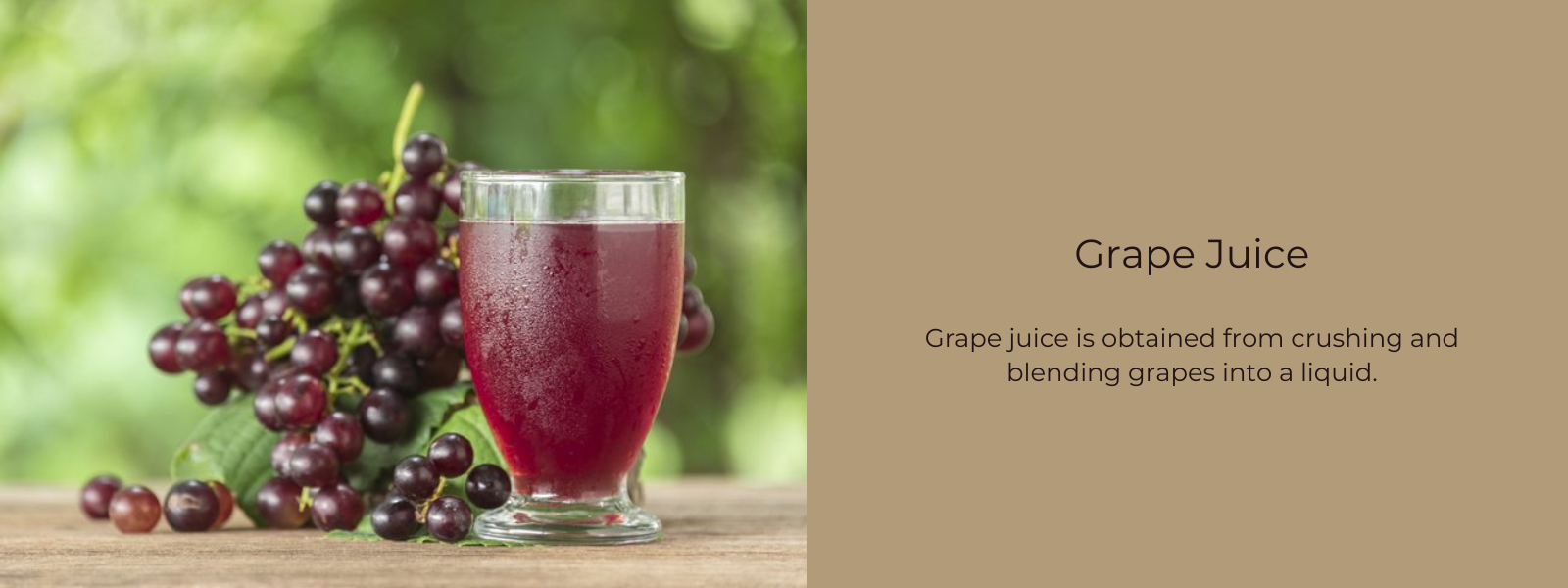Grapefruit can be beneficial for blood sugar control due to several factors. Firstly, grapefruit has a relatively low glycemic index, meaning it causes a gradual and modest increase in blood sugar levels after consumption. This is attributed to its high fiber content, which slows down the absorption of sugars into the bloodstream, promoting more stable blood sugar levels. Additionally, grapefruit contains bioactive compounds like flavonoids and naringin, which have been studied for their potential to improve insulin sensitivity and reduce insulin resistance, both crucial factors in blood sugar regulation. Furthermore, grapefruit is rich in essential nutrients such as vitamins C and A, potassium, and antioxidants, which support overall health and may have additional benefits for blood sugar management.
Table of Contents
What Is Grapefruit?
Grapefruit is a subtropical citrus fruit that belongs to the Rutaceae family, which also includes oranges, lemons, and limes. It is known for its tangy-sweet flavor and slightly bitter undertone. Grapefruits typically have a round to slightly oblong shape with a thick, yellow-orange rind. The flesh of the fruit can range from pale yellow to deep red or pink, depending on the variety.
Grapefruits are often categorized into two main types: white (or yellow) grapefruit and red (or pink) grapefruit. White grapefruits have a yellow flesh and are generally less acidic than red grapefruits, which have a pink to red flesh and tend to be sweeter.
Grapefruits are commonly consumed fresh, either by slicing the fruit in half and scooping out the segments with a spoon or by peeling and sectioning the fruit. They can also be juiced and used in a variety of culinary applications, including salads, smoothies, desserts, and cocktails.
In addition to their distinctive flavor, grapefruits are valued for their nutritional content. They are rich in vitamins C and A, potassium, fiber, and antioxidants, making them a nutritious addition to a balanced diet. Grapefruits are also known for their potential health benefits, including supporting immune function, promoting heart health, aiding digestion, and potentially helping with weight management and blood sugar control.
Benefits Of Grapefruits For Blood Sugar Control:
Here's a detailed look at grapefruit and its citrusy benefits for blood sugar control:
- Low Glycemic Index (GI): Grapefruit has a relatively low glycemic index, typically ranging from 25 to 50 depending on the variety. Foods with a low GI cause a slower and more gradual increase in blood sugar levels after consumption compared to high-GI foods. This can help individuals manage their blood sugar levels more effectively and reduce the risk of sudden spikes and crashes.
- High Fiber Content: Grapefruit is rich in dietary fiber, particularly soluble fiber, which plays a crucial role in blood sugar management. Fiber slows down the digestion and absorption of carbohydrates, resulting in a more gradual release of glucose into the bloodstream. This helps prevent rapid fluctuations in blood sugar levels and promotes greater stability over time.
- Bioactive Compounds: Grapefruit contains various bioactive compounds, including flavonoids, naringin, and limonoids, which have been studied for their potential health benefits. Flavonoids and naringin, in particular, have shown promise in improving insulin sensitivity and reducing insulin resistance, which are key factors in blood sugar control. These compounds may help enhance the body's ability to regulate blood sugar levels more effectively.
- Vitamins and Minerals: Grapefruit is a good source of essential vitamins and minerals, including vitamin C, potassium, and antioxidants. Vitamin C acts as a powerful antioxidant, protecting cells from damage caused by free radicals and supporting overall immune function. Potassium plays a vital role in maintaining healthy blood pressure levels and heart function, while antioxidants help reduce inflammation and oxidative stress in the body.
-
Hydration: Like other citrus fruits, grapefruit has a high water content, which helps keep the body hydrated. Adequate hydration is important for overall health and can support optimal blood sugar management by promoting proper kidney function and nutrient absorption.
Is Grapefruit Good For Blood Sugar Control?
Grapefruit can be beneficial for blood sugar control due to several factors. Firstly, grapefruit has a relatively low glycemic index, meaning it causes a gradual and modest increase in blood sugar levels after consumption. This is attributed to its high fiber content, which slows down the absorption of sugars into the bloodstream, promoting more stable blood sugar levels. Additionally, grapefruit contains bioactive compounds like flavonoids and naringin, which have been studied for their potential to improve insulin sensitivity and reduce insulin resistance, both crucial factors in blood sugar regulation. Furthermore, grapefruit is rich in essential nutrients such as vitamins C and A, potassium, and antioxidants, which support overall health and may have additional benefits for blood sugar management.
Healthy Ways To Use Grapefruit For Blood Sugar Control:
There are several healthy ways to incorporate grapefruit into your diet to help control blood sugar levels:
- Fresh Grapefruit: Enjoy fresh grapefruit as a snack or part of a meal. Simply slice the fruit in half and use a spoon to scoop out the segments, or peel and section the fruit for easy consumption.
- Grapefruit Salad: Combine fresh grapefruit segments with mixed greens, nuts, seeds, and a light vinaigrette dressing for a refreshing and nutritious salad. The fiber in the grapefruit will help keep you feeling full and satisfied.
- Grapefruit Smoothie: Blend fresh grapefruit segments with other fruits like berries, bananas, or oranges, along with Greek yogurt or a plant-based milk for a delicious and filling smoothie. Add a handful of spinach or kale for an extra nutritional boost.
- Grapefruit Salsa: Make a tangy grapefruit salsa by combining diced grapefruit with chopped tomatoes, onions, cilantro, jalapenos, and lime juice. Serve with grilled fish or chicken for a flavorful and low-carb meal.
- Grapefruit Brulee: Sprinkle grapefruit halves with a small amount of brown sugar or a sugar substitute, then broil until the sugar caramelizes and forms a crispy crust. This makes for a sweet and satisfying dessert that's low in added sugars.
- Grapefruit Chia Pudding: Mix fresh grapefruit juice with chia seeds and a sweetener of your choice (such as honey or maple syrup), then refrigerate until the chia seeds absorb the liquid and form a pudding-like consistency. Top with additional grapefruit segments or berries for a nutritious and filling snack or breakfast.









Leave a comment